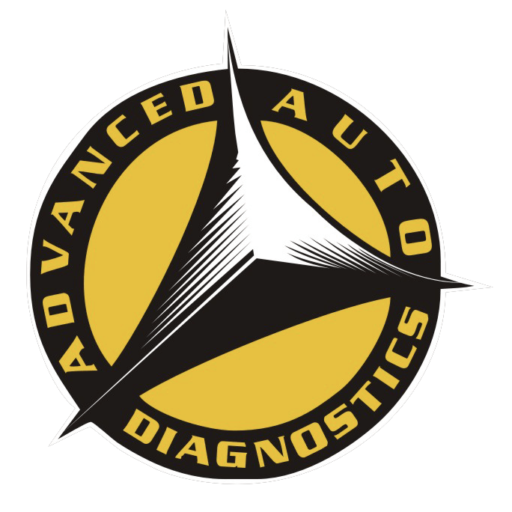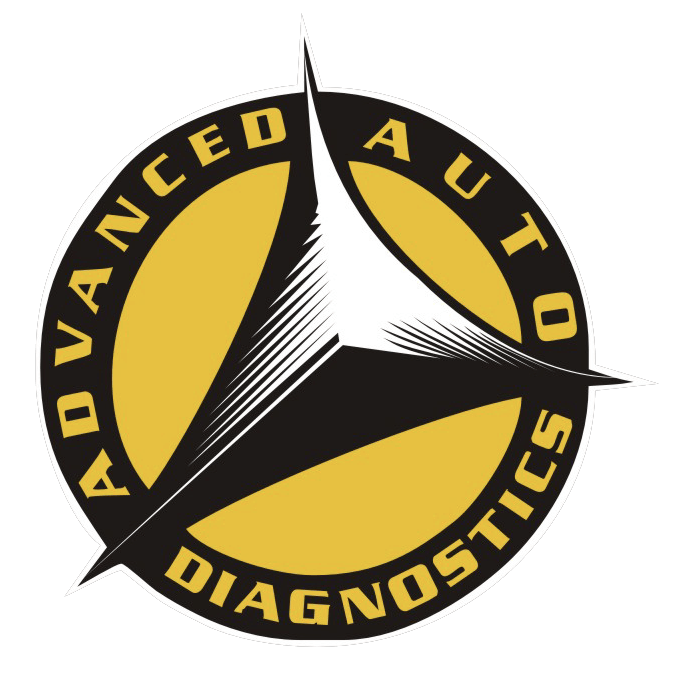Introduction:
A vehicle check engine light is a vital indicator on your dashboard that alerts you to potential issues in the Engine Control Module (ECM). When this light illuminates, it indicates that your vehicle may require a repair or have an underlying problem that needs immediate attention. This comprehensive guide will help you understand the significance of the check engine light, potential issues it may indicate, and the necessary steps to ensure your safety and the well-being of your vehicle.
A Vehicle Check Engine Light: Not Just Another Warning
The check engine light is more than just another dashboard warning. It serves as a critical signal to drivers that their vehicle may be experiencing problems that demand immediate attention. As a responsible driver, it is essential to take prompt action when this light comes on. Ignoring it could lead to severe consequences and expensive repairs down the road.
Preventing Catastrophic Damage: Overheating and the Cooling System
One of the primary reasons the check engine light may illuminate is related to the cooling system. Overheating is a serious issue that can lead to catastrophic damage to your vehicle’s engine. As soon as you notice the check engine light and suspect overheating, pull over and call for a tow truck. Avoid attempting to drive any further, as this could exacerbate the problem and result in costly repairs.
Scanning the Codes: Visit a Vehicle Repair Shop
If your vehicle is not overheating and appears safe to drive without any immediate symptoms, take it to your nearest vehicle repair shop to have the codes scanned. The check engine light can indicate various issues, including problems in the cooling system, fuel system, ignition system, emissions systems, and even the HVAC system. A proper diagnostic scan will provide insights into the exact issue and help the mechanic pinpoint the necessary repairs.
Repair Now or Later? Understanding the Severity
Once the issue is identified, it’s crucial to assess the severity. Some check engine light problems can be safely driven with and repaired at a later time. However, other issues demand immediate attention to prevent further damage and potential hazards while driving. Knowing the severity of the problem will help you make an informed decision about the next steps.
Emphasizing the Importance of Addressing Check Engine Light Issues
The importance of addressing check engine light issues cannot be overstated. While some drivers may choose to ignore the light temporarily, this approach can lead to a chain reaction of problems. By assuming it is the same previous issue, other critical issues may arise and go unnoticed. It’s essential to address check engine light warnings promptly to ensure the safety and reliability of your vehicle.
Expert Insights: Personal Experiences with Check Engine Lights
As an expert in vehicle diagnostics, Advanced Auto Diagnostics has seen numerous cases where drivers neglected their check engine light warnings, leading to more severe problems. These experiences highlight the significance of taking prompt action when the light comes on. When it comes to vehicle safety and maintenance, being proactive can save you time, money, and stress in the long run.
Common FAQs About Check Engine Lights
- Q: Can I drive with the check engine light on? A: While it may be possible to drive with the check engine light on, it is not advisable. Ignoring the warning could lead to more significant issues and potentially jeopardize your safety.
- Q: Is it safe to continue driving if my vehicle is not overheating? A: If your vehicle is not overheating and does not exhibit any symptoms, you can drive to the nearest repair shop for a diagnostic scan. However, it’s best to address the issue as soon as possible.
- Q: What does the check engine light indicate? A: The check engine light can indicate a range of problems, from minor issues to potentially severe malfunctions in your vehicle’s systems.
- Q: How much will it cost to fix a check engine light issue? A: The cost of repairs varies depending on the specific problem. It’s best to consult with a professional mechanic for an accurate estimate.
- Q: Can I use a diagnostic tool to scan the codes myself? A: While there are OBD-II diagnostic tools available for purchase, it’s recommended to have a professional mechanic perform the scan to ensure accuracy and proper diagnosis.
- Q: Is there a quick fix for turning off the check engine light? A: Turning off the check engine light without addressing the underlying problem is not a recommended solution. It’s crucial to resolve the issue causing the warning.
Conclusion:
A vehicle check engine light is an essential warning that demands immediate attention. Ignoring it could lead to severe consequences and costly repairs. Whether your vehicle is overheating or exhibiting no symptoms, visiting a reputable vehicle repair shop for a diagnostic scan is the wisest course of action. Advanced Auto Diagnostics is here to assist you in getting back on the road safely and quickly. Remember, taking care of your vehicle now can save you from more significant problems in the future.


